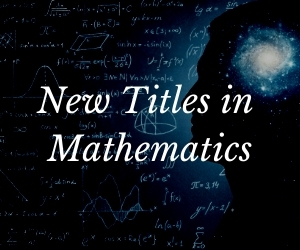This volume is based on the talks given at the Workshop on Infinity and Truth held at the Institute for Mathematical Sciences, National University of Singapore, from 25 to 29 July 2011. The chapters cover topics in mathematical and philosophical logic that examine various aspects of the foundations of mathematics. The theme of the volume focuses on two basic foundational questions: (i) What is the nature of mathematical truth and how does one resolve questions that are formally unsolvable within the Zermelo–Fraenkel Set Theory with the Axiom of Choice, and (ii) Do the discoveries in mathematics provide evidence favoring one philosophical view over others? These issues are discussed from the vantage point of recent progress in foundational studies.
The final chapter features questions proposed by the participants of the Workshop that will drive foundational research. The wide range of topics covered here will be of interest to students, researchers and mathematicians concerned with issues in the foundations of mathematics.
Sample Chapter(s)
Foreword (34 KB)
Chapter 1: Absoluteness, Truth, and Quotients (271 KB)
Contents:
- Invited Lectures:
- Absoluteness, Truth, and Quotients (Ilijas Farah)
- A Multiverse Perspective on the Axiom of Constructiblity (Joel David Hamkins)
- Hilbert, Bourbaki and the Scorning of Logic (A R D Mathias)
- Toward Objectivity in Mathematics (Stephen G Simpson)
- Sort Logic and Foundations of Mathematics (Jouko Väänänen)
- Reasoning about Constructive Concepts (Nik Weaver)
- Perfect Infinites and Finite Approximation (Boris Zilber)
- Special Session:
- An Objective Justification for Actual Infinity? (Stephen G Simpson)
- Oracle Questions (Theodore A Slaman and W Hugh Woodin)
Readership: Mathematicians, philosophers, scientists, graduate students, academic institutions, and research organizations interested in logic and the philosophy of mathematics.























